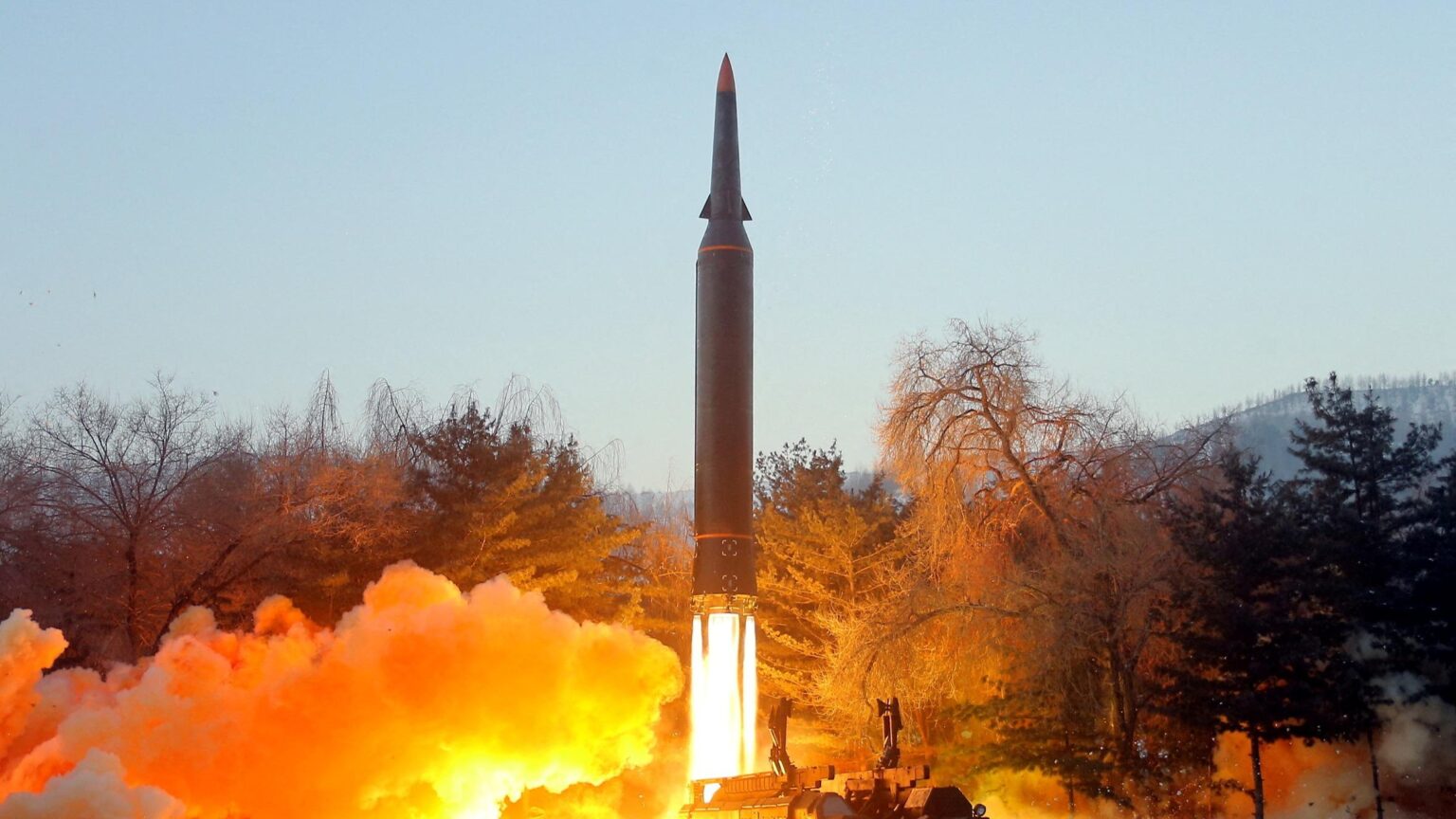In a strategic move to navigate the complex geopolitical landscape of the Asia-Pacific region, the United States has recently deployed missiles to Japan and the Philippines. This decision comes in response to growing concerns over China’s military expansion and territorial disputes in the region. As tensions continue to simmer, the deployment of US missiles signals a proactive effort to maintain stability and safeguard the interests of both American allies and the broader international community.
US Deploying Missiles to East Asia
The United States has recently announced the deployment of missiles to East Asia as a strategic move to counter the growing threat posed by China in the region. As part of this plan, a significant number of missiles will be stationed in Japan and the Philippines, in close proximity to key Chinese territories.
This decision comes amidst increasing tensions between the US and China, particularly regarding disputed territories in the South China Sea. By deploying missiles to East Asia, the US aims to demonstrate its commitment to security in the region and deter any potential aggression from China. The move also serves to reassure allies and partners in the area of the US’s continued presence and support.
Growing Concerns Over Chinese Aggression
Amid a growing concern over Chinese aggression in the Asia-Pacific region, the United States has taken action by deploying missiles to Japan and the Philippines. This move comes as tensions escalate between China and its neighboring countries, particularly over territorial disputes in the South China Sea.
The deployment of US missiles is seen as a strategic response to the increasing military capabilities of China and aims to provide a deterrent against any potential aggression. The move has been met with mixed reactions, with some experts praising the decision as a necessary measure to ensure regional security, while others warn of the potential for further escalating tensions in the region. As the situation continues to unfold, all eyes are on the US military presence in the Asia-Pacific region and its role in countering Chinese threats.
Strategic Recommendations for US Allies in the Region
As tensions continue to rise in the region, the United States has made the decision to deploy missiles to both Japan and the Philippines in order to counter the growing threat posed by China. These strategic moves are aimed at bolstering the defense capabilities of US allies in the region and sending a clear message to Beijing about American commitment to security in the Asia-Pacific.
The deployment of missiles to Japan and the Philippines comes at a critical time, as China’s military presence in the region continues to expand. By positioning these defensive systems in key locations, the US is not only providing a deterrent against potential aggression but also demonstrating its unwavering support for its allies. Moving forward, it will be crucial for US allies in the region to work closely with American forces to ensure a unified front against any potential threats from China.
Cooperation Between Japan, Philippines, and US Crucial
Amid escalating tensions in the South China Sea, the United States has decided to deploy missiles to Japan and the Philippines as a strategic move to counter the growing Chinese threat in the region. This decision highlights the importance of cooperation between Japan, the Philippines, and the US in maintaining peace and stability in the Asia-Pacific region.
The deployment of US missiles to Japan and the Philippines serves as a clear message to China that any aggressive actions will be met with a united front from allied nations. By working together, Japan, the Philippines, and the US can effectively deter potential threats and ensure the safety and security of the region. This cooperation is crucial in safeguarding the interests of all parties involved and promoting a peaceful resolution to any conflicts that may arise.
In Conclusion
As tensions continue to rise in the East China Sea, the deployment of US missiles to Japan and the Philippines serves as a stark reminder of the delicate balance of power in the region. The geopolitical chess game between the United States and China plays out on a global stage, with potentially far-reaching consequences. As the world watches and waits, the future remains uncertain. Stay tuned for more updates on this developing story.
